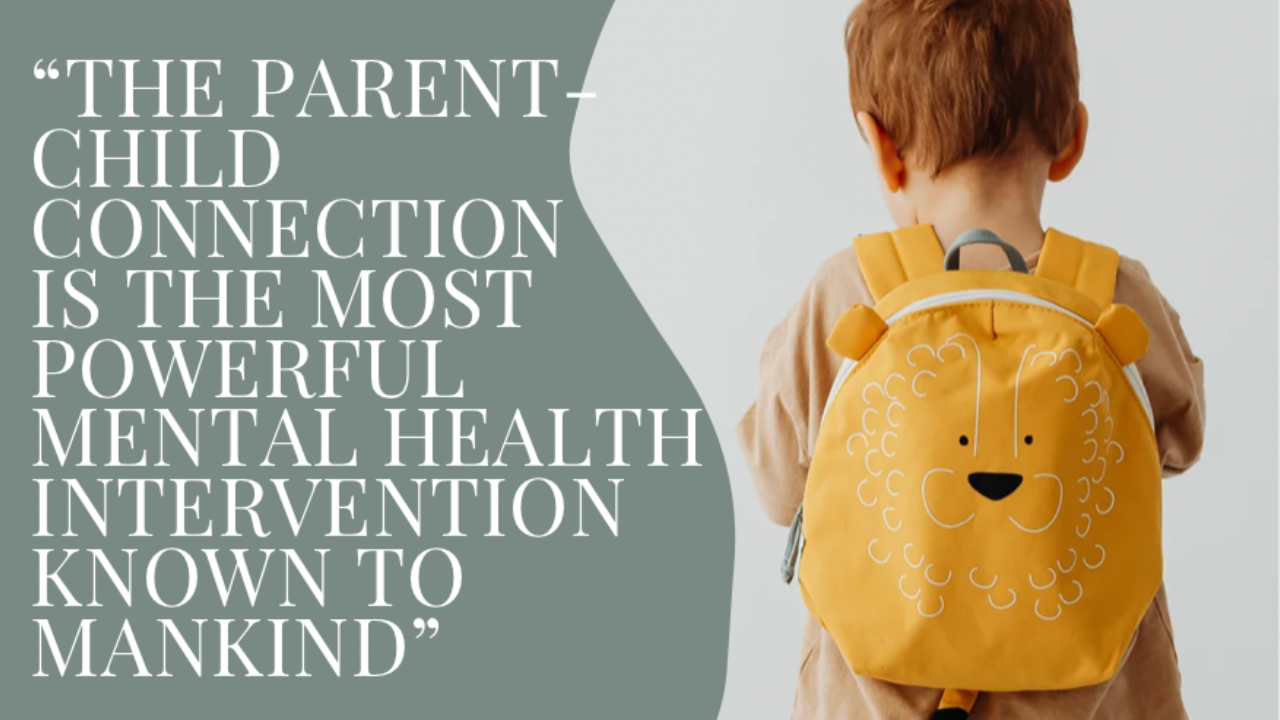Connection as a tool for emotional regulation
Jan 18, 2024
Bessel Van Der Kolk's assertion that, "The parent-child connection is the most powerful mental health intervention known to mankind" is a powerful statement, especially in the context of the prevailing anxiety and behavioural issues in schools. It's crucial to approach this statement with empathy, recognising that parenting is extremely challenging, and connection is often easily lost with our children. In today's world, the pressure on parents is huge, we are more involved in our children's lives than ever before. We are raising children in an ever-changing world competing with their mobile phones for any form of relationship.
Connection is not merely a warm and fuzzy feeling; it is a fundamental component that fuels our parasympathetic nervous system. Historically, our survival depended on tribal connections, and lack of connection manifests as stress in the body. If we didn’t connect and lost our tribes the consequences could be fatal. Understanding the pivotal role connection plays is essential for building harmonious relationships.
Our “connection cone” tool looks at how to build on connection whilst deactivating this stress response at the same time. It can be used in schools by teacher or at home with parents. This tool also looks at the adults (parent or teachers) role in the relationship. When faced with a child's challenging behaviour, the default is often to try to change, fix or control the child. However, true transformation begins with the adult. Instead of self-blame, recognising that the only behaviour an adult can control is their own is liberating. Changing a child's behaviour starts with changing the adult's behaviour, bringing both freedom and empowerment.
The culture of a home or school is shaped by adults and maintaining calmness in the face of behavioural challenges can instigate transformative shifts. By remaining connected and altering how we show up in our relationships with children, we hold the power to effect profound changes. In this era of heightened parental expectations and teacher pressure, understanding the potency of the adult-child connection is vital in reducing the mental health challenges we face collectively.
If you are looking for a good place to start, then when your child is deregulating can you try and work out the feeling behind the words they might be saying (or shouting!) If you can find a way to help them to identify their feeling it may allow for a moment of connection rather then rejection.
Contact Us!
Join our mailing list to receive the latest news and updates from our team.
Don't worry, your information will not be shared.
We hate SPAM. We will never sell your information, for any reason.

